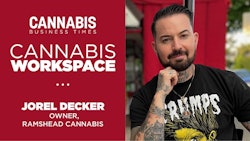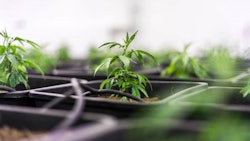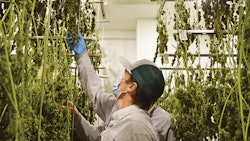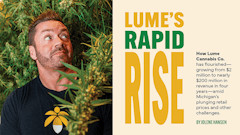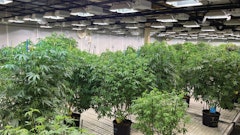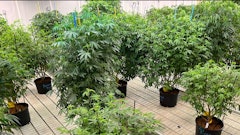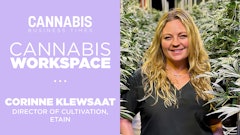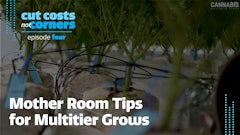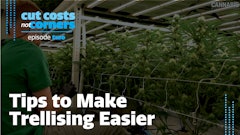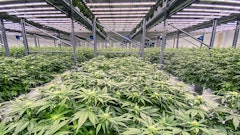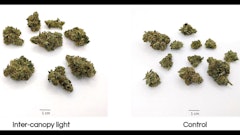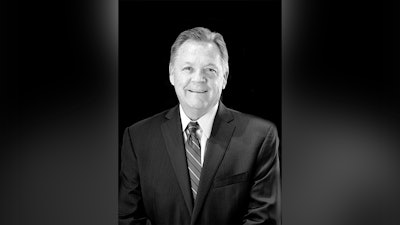

Gold Standard Farms is a family-owned, Tennessee-based hemp cultivator with nearly 100 years of agricultural history behind it.
Much of the company’s history is rooted in traditional crops, including soybean and corn. But after taking over as CEO in 2020, Jarrel Howard launched his family business forward into a new era: hemp cultivation.
Later that year, Gold Standard Farms became the initial strategic partner for Viola’s incubator program, which launched in October 2020.
Now, with Howard in his third year as CEO, he’s certain this is where he was meant to be all along.
“This was my purpose,” Howard says, “to be home and take care of the farm for as long as I can and make sure we get another 80 to 100 years out of it.”
Zach Mentz: What can you tell us about Gold Standard Farms’ cultivation?
Jarrel Howard: It’s indoor. We’re going to do some expansion as we progress, but we are excited about the indoor, and we’ve got some cool things with some cryo freeze dryers, scientific freeze dryers, traditional trims, CO2 trim, [etc]. We’re excited about the progress we’ve made coming from greenhouse and outdoor to the indoor side of things for hemp.
ZM: How did you learn the ropes of being CEO of Gold Standard Farms?
JH: In 2018, when the Farm Bill passed, I learned about it, and that was the first real conversation with my family about the elders getting older and wanting to find someone to take over. And it was still going to be strictly like soybeans and corn until we really found out how the hemp industry was going to take off.
In 2019, I did a year of R&D myself, and I went to present everything to the family. That’s when my aunt was saying, “OK, I’m going to train you up as a CEO and show you what I’ve been doing for the last 50 years.” So in 2019 I got the CEO-in-waiting title of the family. In 2020, once we signed with Viola, they were like, “Hey, we’re retiring. We’re going to Florida. You got it now.”
ZM: What is the biggest challenge in maintaining a hemp cultivation?
JH: The financial aspect, the cost. You want to do things right; you look at about half-a-million dollars on 20 acres done right. And that’s every year if you choose to do it.
Financially, you have to have money to play in any game, especially in this one, to compete. So that comes with a variety of different things, [including] marketing after you cultivate. We still have to market these products, we still have to meet with smoke shops for them to try it out and quality control. So it’s a financial responsibility that can turn into a financial reward, but emphasis on the responsibility.
ZM: What would be your advice to new or existing cultivators who really want to succeed in the hemp or cannabis industry?
JH: Start small scale. From starting small, reinvest your own profits and marginalize outside funding. When I meet people with land or people say, “my family has 100 acres in Louisiana, or 60 acres here,” understand the cost to have a quality grow of that size. Start small scale, find your purchase orders, reinvest and it’s going to work out.









